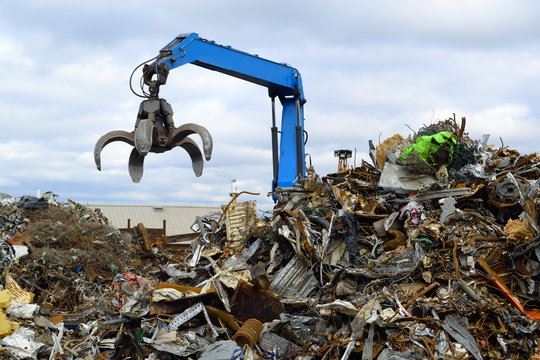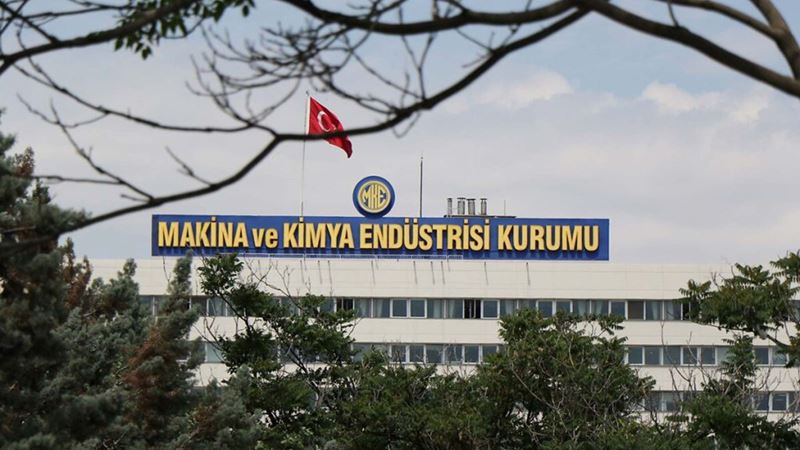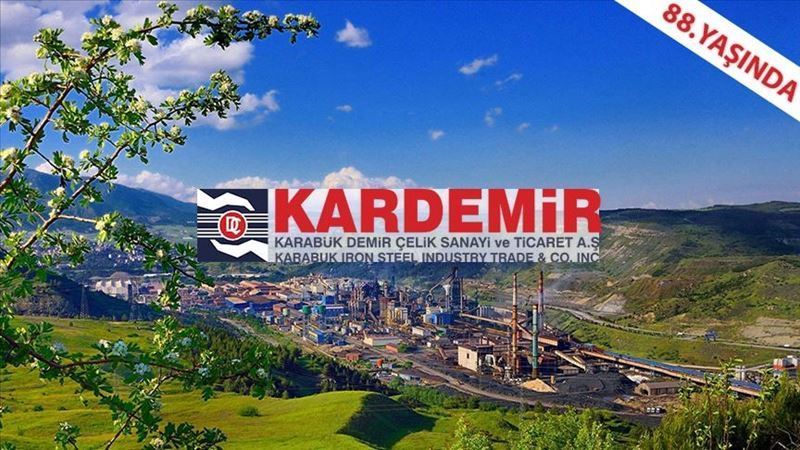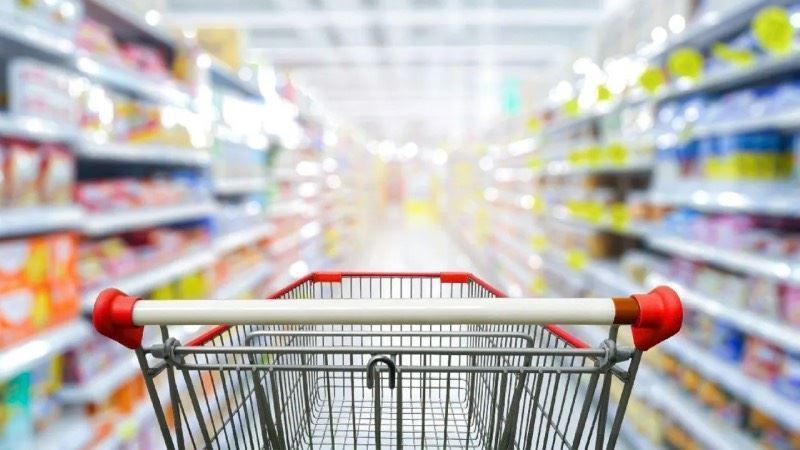Due to sanctions, the Russian domestic market is less affected by international economic fluctuations. Previously, economic crises in countries like Türkiye, a major importer of Russian scrap, could impact prices. However, domestic pricing is now less dependent on global markets, including Türkiye.
The Russian government has extended quotas for scrap and ferrous waste exports, with duties now reaching 550,000 rubles per ton. Within the quota, the duty is 5% (not less than 15 euros per ton), and above the quota, it is 5% (not less than 290 euros per ton). This policy aims to ensure domestic metallurgical enterprises have sufficient raw materials. As a result, scrap largely remains within Russia, and prohibitive duties have reduced scrap procurement rates due to increased supply. Export dependence is minimal, having little effect on pricing.
Russian scrap prices primarily depend on domestic demand and handling costs. Plant consumption dropped by 16% in the first half of 2024 compared to the same period in 2023, leading to a decrease of 1.672 million tons.
Road transport costs are also increasing, driven by a 40% average rise in fuel prices across Russia and over 100% in regions like the Southern Federal District. Driver fees have surged by over 50% due to competition with other industries, such as agriculture. The cost of special equipment, including domestic and Chinese trucks, has risen from about 10 million rubles in 2021 to over 13 million rubles in 2024, with Chinese vehicles becoming more expensive due to recycling fees. Maintenance costs for special equipment have increased by over 35-40%.









Comments
No comment yet.